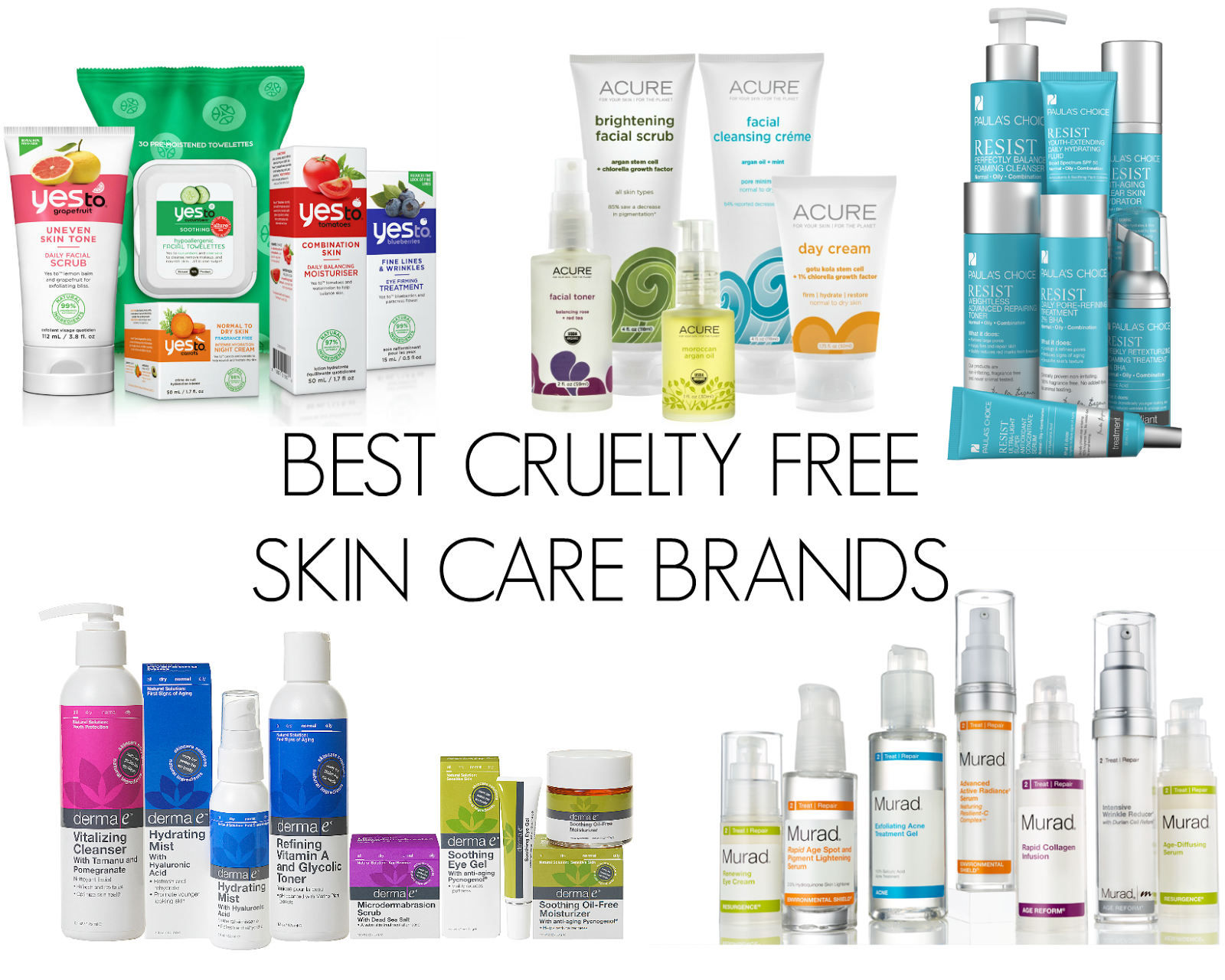What Is The Best Skin Care: A Comprehensive Guide To Achieving Flawless Skin
In the quest for radiant and healthy skin, understanding what constitutes the best skin care is essential. With countless products and routines available, it can be overwhelming to determine what will work best for your unique skin type and concerns. This article aims to demystify skin care by providing expert insights, tips, and recommendations to help you create a personalized skin care regimen that delivers real results.
As we delve into the world of skin care, we will explore various factors that contribute to healthy skin, including the importance of ingredients, the impact of lifestyle choices, and the significance of regular skin assessments. By the end of this guide, you will have a clearer understanding of how to select the best skin care products and routines to meet your individual needs.
Whether you are a skin care novice or an experienced enthusiast, our comprehensive approach ensures that you will find valuable information tailored to your needs. Let’s embark on this journey to discover the best skin care practices that will leave your skin glowing and revitalized.
Table of Contents
- Understanding Skin Types
- Key Ingredients for Healthy Skin
- Establishing a Daily Skin Care Routine
- Adapting Your Skin Care for Seasonal Changes
- Lifestyle Factors Affecting Skin Health
- Addressing Common Skin Concerns
- Professional Skin Care Treatments
- Conclusion
Understanding Skin Types
To create an effective skin care routine, it is crucial to first identify your skin type. The four primary skin types are:
- Normal: Balanced skin with no dry or oily patches.
- Oily: Excess sebum production, often leading to shine and acne.
- Dry: Lacking moisture, often feels tight or flaky.
- Combination: A mix of oily and dry areas, typically oily in the T-zone.
Understanding your skin type allows you to select products that cater to its specific needs, ultimately enhancing the overall effectiveness of your skin care routine.
Key Ingredients for Healthy Skin
When it comes to selecting the best skin care products, the ingredients play a pivotal role. Here are some key ingredients to look for:
- Hyaluronic Acid: A powerful humectant that draws moisture into the skin.
- Retinoids: Vitamin A derivatives that promote cell turnover and reduce fine lines.
- Vitamin C: An antioxidant that brightens skin and improves texture.
- Niacinamide: A form of Vitamin B3 that helps reduce redness and improve skin elasticity.
- Peptides: Amino acids that support skin repair and collagen production.
These ingredients can significantly enhance your skin's appearance and health, making them essential components of any effective skin care product.
Establishing a Daily Skin Care Routine
A consistent daily skin care routine is vital for achieving and maintaining healthy skin. Here’s a basic structure to follow:
Morning Routine
- Cleansing: Use a gentle cleanser to remove impurities.
- Toning: Apply a toner to balance skin pH.
- Serum: Incorporate a vitamin C serum for antioxidant protection.
- Moisturizing: Use a lightweight moisturizer suitable for your skin type.
- Sun Protection: Apply broad-spectrum sunscreen with SPF 30 or higher.
Evening Routine
- Double Cleansing: Start with an oil-based cleanser, followed by a water-based cleanser.
- Toning: Reapply toner to prep the skin for treatment.
- Treatment: Use retinoids or targeted treatments for specific concerns.
- Moisturizing: Apply a rich night cream or sleeping mask.
Adapting Your Skin Care for Seasonal Changes
Your skin's needs can change with the seasons, and adapting your skin care routine accordingly is crucial. In winter, switch to thicker moisturizers and consider adding a humidifier to combat dryness. In summer, focus on lightweight formulations and ensure consistent sun protection to prevent damage.
Lifestyle Factors Affecting Skin Health
In addition to topical treatments, several lifestyle factors can influence skin health:
- Diet: A balanced diet rich in antioxidants can promote healthy skin.
- Hydration: Drinking adequate water helps maintain skin moisture.
- Sleep: Quality sleep is essential for skin repair and regeneration.
- Stress Management: High stress levels can exacerbate skin conditions; consider mindfulness techniques.
Addressing Common Skin Concerns
Many individuals face specific skin concerns that may require targeted approaches:
Acne
Incorporate salicylic acid or benzoyl peroxide products to treat breakouts effectively.
Hyperpigmentation
Consider products with ingredients like vitamin C and niacinamide to brighten dark spots.
Wrinkles and Fine Lines
Retinoids and peptides can help improve skin texture and reduce signs of aging.
Professional Skin Care Treatments
For those seeking more advanced solutions, professional treatments may be beneficial:
- Chemical Peels: Help improve skin texture and tone.
- Microneedling: Stimulates collagen production for smoother skin.
- Laser Treatments: Target pigmentation and signs of aging.
Conclusion
In summary, understanding what constitutes the best skin care is essential for achieving healthy, radiant skin. By identifying your skin type, using key ingredients, and establishing a consistent routine, you can tackle various skin concerns effectively. We encourage you to explore the recommendations provided in this guide and tailor them to your unique needs. Don’t hesitate to share your thoughts or experiences in the comments below, and feel free to explore more articles on our site for additional insights.
Thank you for reading! We hope this comprehensive guide helps you on your journey to flawless skin. Remember, the best skin care is one that is personalized and consistent. We look forward to seeing you back for more skin care tips and insights!
Jennifer Lopez: A Journey Through Her Young Years
Tyler Boyd Stats: An In-Depth Analysis Of His Career Performance
Exploring Ronald McDonald’s Shoes: A Deep Dive Into The Iconic Footwear


